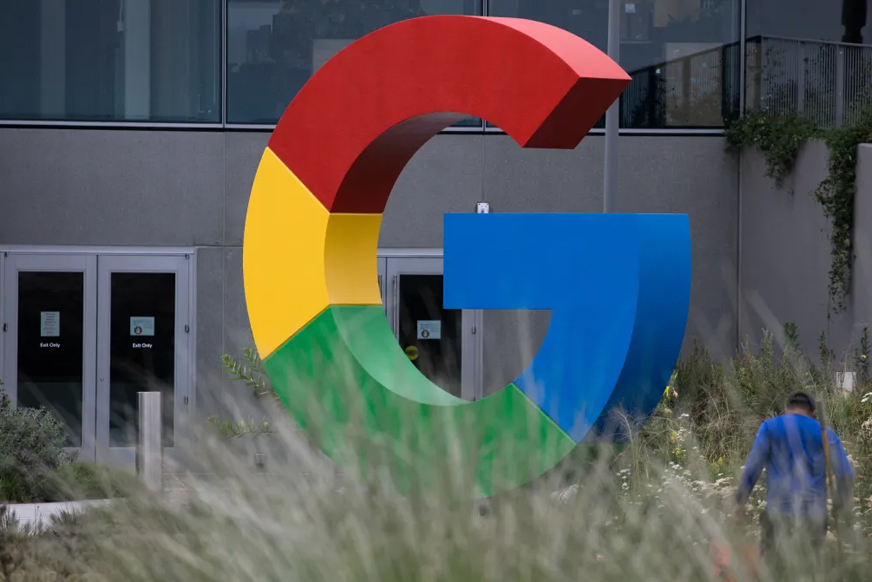Last week marked a significant legal victory for Epic Games as they emerged triumphant over Google in the District Court of Northern California.
The three-year-long legal battle concluded with a jury verdict acknowledging Google’s monopoly in Android app distribution and in-app payment services.
This landmark case was one of several legal challenges faced by Google, including a broader antitrust lawsuit involving attorneys general from all 50 US states.
In a noteworthy development, Google has agreed to a substantial $700 million settlement in the Play Store lawsuit in the United States. The agreement, initially reached with US legal authorities in September, now reveals comprehensive details, including a $700 million contribution to a settlement fund and several operational changes within the Play Store.
Google is set to allocate $630 million to a settlement fund, designed for the benefit of consumers under a Court-approved plan.

An additional $70 million will be earmarked for a fund accessible by all 50 states, coordinated by each state’s attorney general.
In response to the settlement, Google will allow manufacturers of Android smartphones to install third-party app stores on their devices. This move aims to foster competition and choice within the Android ecosystem. Furthermore, developers will gain the freedom to integrate alternative billing systems for their apps, introducing a new user-choice billing framework.
This framework enables developers to present various pricing options within their apps or games, even those that bypass the traditional Play Store channels. Additionally, developers will be able to openly communicate app store fees on the Play Store.
In a commitment to streamlining app installations, Google has pledged to facilitate sideloading of apps by providing APIs and feature splits. This initiative is expected to simplify the process of installing apps outside the official Play Store.
The settlement represents a significant step towards addressing concerns of anticompetitive practices within the app distribution and payment services market.
As Google implements these changes, the landscape of the Play Store is set to evolve, offering more choices to both developers and consumers. The impact of these modifications is likely to extend beyond the courtroom, shaping the future of app distribution on Android devices.



